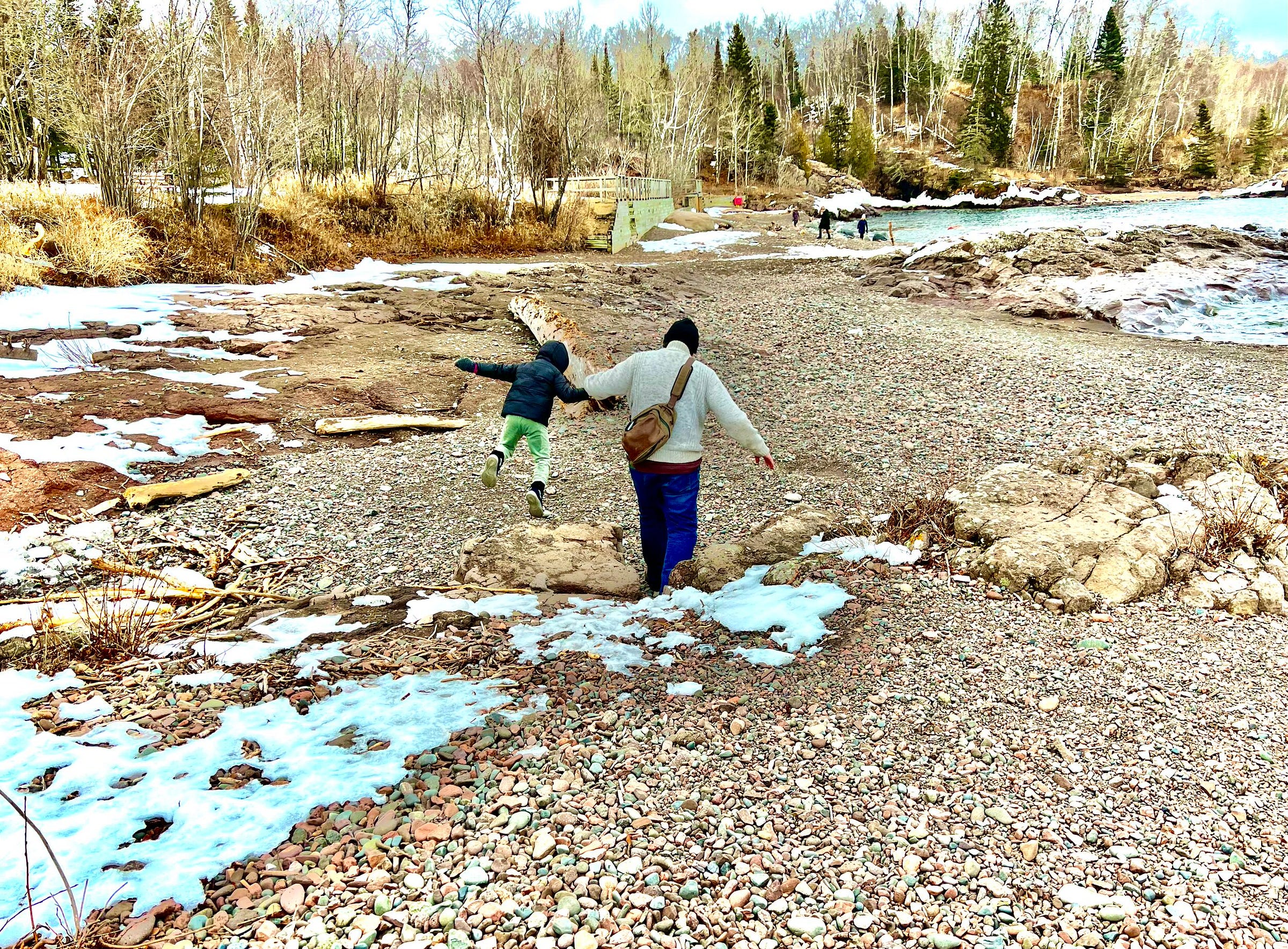Welcome to Cloister Notes, a letter for dancing monks and weary pilgrims and all kindred spirits who are longing for a deeper way. I am glad you are here! This is the (mid)weekly blessing, a short meditation on big questions. If you are looking for an intimate communion of fellow pilgrims join us for our daily Passionweek Consolations starting Palm Sunday by becoming a sustaining member. And if you have been with us during passionweek before please let others know what to expect by leaving a comment below this invite. Bless you.
Keep reading with a 7-day free trial
Subscribe to Cloister Notes to keep reading this post and get 7 days of free access to the full post archives.





